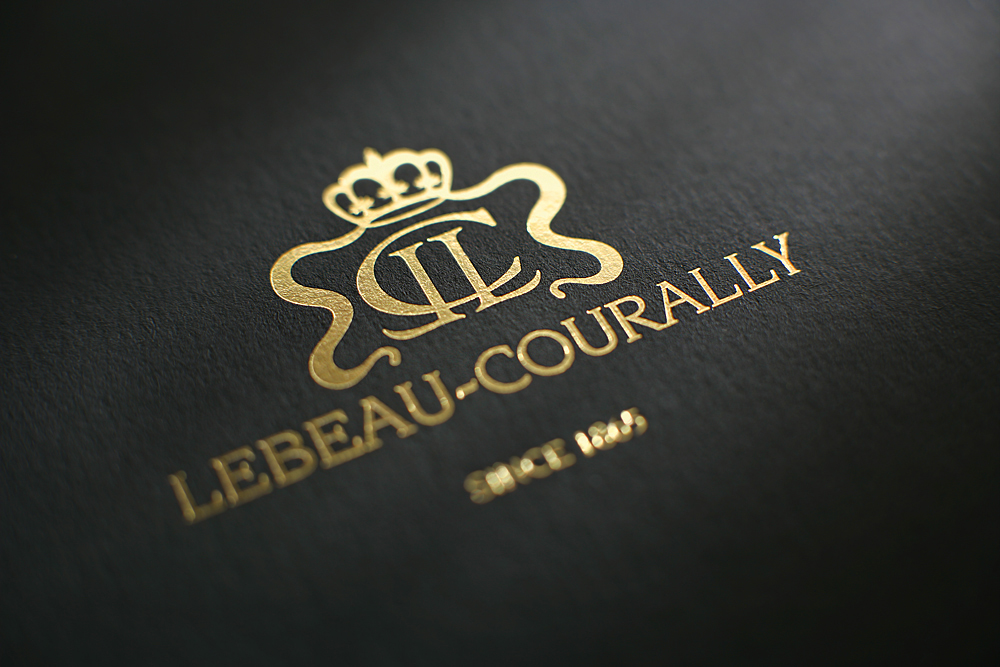Riding a horse is often not considered being a sport or hygenic... However there are many obvious health benefits to riding, including strong core and legs, but there are also many less obvious benefits, such as boost in confidence and meditation. Horses are even used in therapy for mentally disabled children- which only proves further how healthy they are! ◾Body Awareness: Horseback riding really works the core muscles that stabilize the trunk: the abdominal, back, and pelvic muscles. However, it’s not just about the strength of the core, but the coordination and stability of it as well. The more you ride, the more the body learns to move with the horse. ◾Coordination: There are many movements that need to happen simultaneously while riding for the horse to be properly guided- this is what coordination consists of. Therapeutic riding programs for the sight-impaired have had a lot of success developing better coordination. ◾Quick Thinking: riding a large, powerful animal with a mind and agenda of its own is a full-body workout that will force you to engage muscles you didn’t know existed and be constantly adjusting to the form of the animal. ◾Core Strength: Horseback riding is an isometric exercise, which means it uses specific muscles to stay in certain positions, in this case, keeping balanced on the horse. Because of this, postural strength is very important when riding and the posture of riders improves even in day to day activities. ◾Muscle Tone and Flexibility: Along with the core muscles, the inner thighs and pelvic muscles get the biggest workout as a rider positions himself or herself. Riders often have to maintain a squatting position while they ride, constantly adjusting to the cadence of the horse. This exercise helps with good overall muscle tone and flexibility. ◾Stable Strength: Riding is not the only way this activity gives the body a workout. Working in a barn and taking care of a horse strengthens muscles and increases cardiovascular capacity. ◾Mental exercise: There are so many mental benefits to horseback riding. Not only do you really learn about yourself as you experience time on a horse but it can also have a meditative effect because for the time being, the only focus is on riding and staying on the horse. While horseback riding is a great exercise, there is a real benefit i the connection with the animal and the peace of mind that comes with every ride. But there is more. Not only riding horses is healthy... also owning and taking care of horses help you to improve your health. Of course the Obvious is because of the work -out on the horse and in the barn. But there is more: ◾ It builds self confidence: While horse riding is an independent sport, it’s actually a partnership in which the owner is a teacher and leader who works with the horse. Nothing builds self confidence better than “leadership training.” When you tell a 1,000-pound animal to move in a certain direction, and then to follow you, it’s a feeling of accomplishment that you successfully taught it to do that. And when the horse does not comply, you are responsible for administering the proper discipline. That’s a form of empowerment that’s only found working with large animals. ◾Reduces stress: Recent studies have shown that even limited interaction with animals may provide a decrease in blood pressure and in the hormones associated with stress reactions. Physical exercise is a scientifically recognized mediator of stress and it is clear that equine activities may provide exercise, again highlighting the potential for equine activities to reduce stress. ◾Keeps you socially active: Taking riding lessons helps you meet many friends with similar interests. Most horse people will attest to meeting their best, life-long friends at the barn. These peers will have the same passion and devotion to horses. That connection creates a stronger bond just in itself. ◾Builds character: Character building is a natural part of horse ownership, teaching responsibility, punctuality, sportsmanship, frugality, patience, commitment, confidence and self-esteem. ◾Improves digestion: Riding a horse at a walking pace stimulates the internal organs just as walking on foot does. This aids in liver function and digestion.
Why horse riding and owning is healthy
-
categories: Lifestyle



